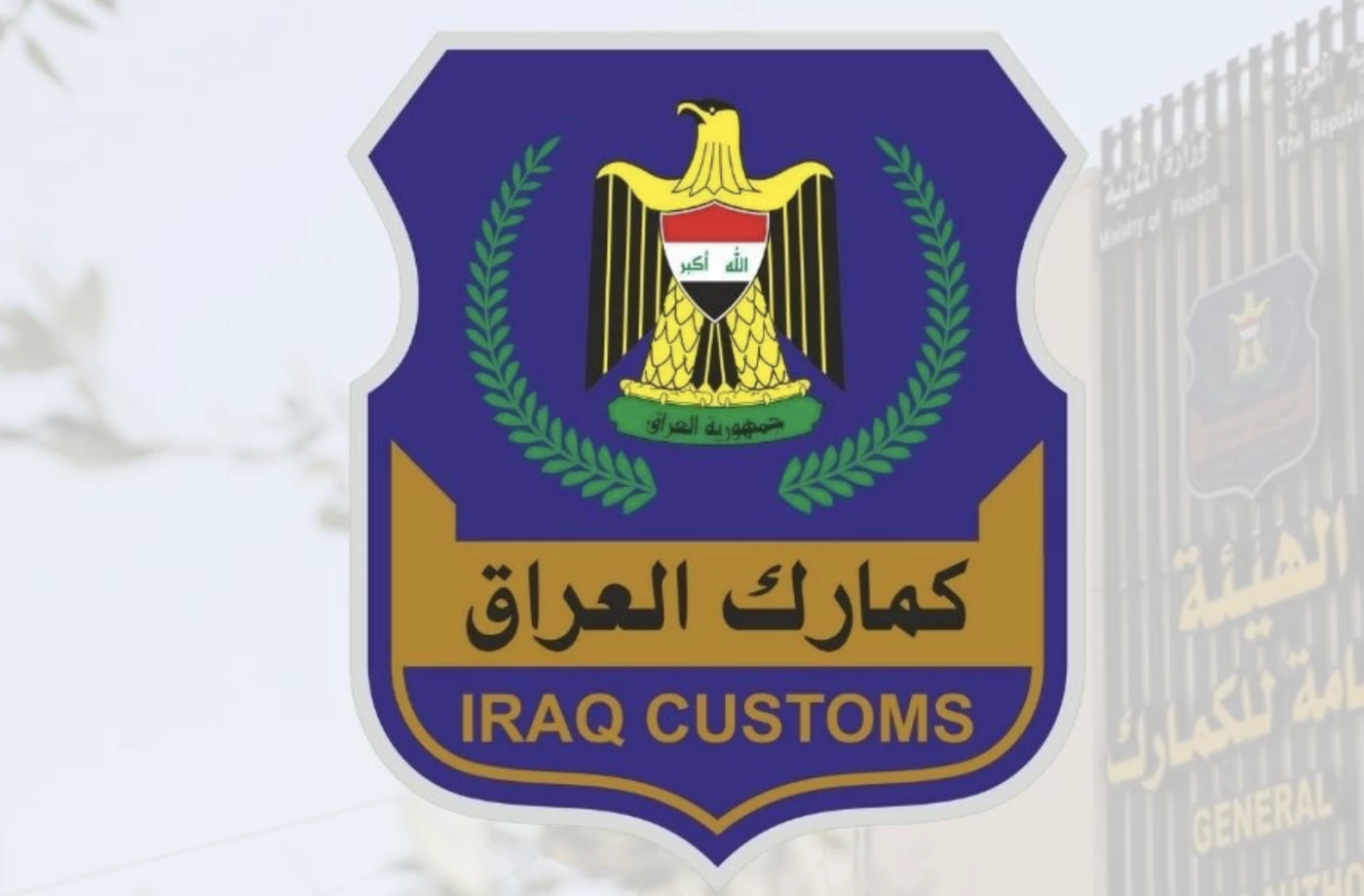The Iraqi customs office has conducted over 7,500 operations at the country's border crossings over the past year, seizing several smuggled goods, including 3.5 million Captagon pills.
“The anti-smuggling department carried out over 7,500 investigations at all ports,” head of the Iraqi General Customs Authority Hassan al-Okaili told Iraqi state media on Tuesday.
Okaili added that as part of their operations over the past year, they were able “to seize over 3.5 million Captagon pills in one of the outlets that were hidden between apple boxes.”
The official added that their department “presents the suspected materials to the authorities concerned with the examination and then refers them to the judiciary or the Drug Control Office.”
Following the 2003 US invasion, Iraq has seen tremendous increase in drug trafficking and use, despite continuous attempts to combat the phenomena.
In a 2022 report, the Washington Institute said that prior to the fall of Saddam Hussein, Iraq served merely as a transit route for drugs produced in Iran and Pakistan, but following the war, Iraq has developed into a manufacturer of drugs as well.
Iraqi politicians have previously warned against the rapid increase of drugs in the country.
The country’s interior ministry spokesperson in May announced that the anti-narcotics department “seized about two and a half million Captagon-type narcotic pills in the provinces of Najaf and Anbar.”
Earlier in the month, Iraqi state media reported that security forces had dismantled seven drug trafficking networks in the provinces of Baghdad, Diwaniyah, and Muthanna.
In July 2023, Iraq announced that it had seized a Captagon lab in Muthanna province, the first of its kind in the country.
Despite consecutive government cabinet’s pledging to fight the drug phenomena in the country and Prime Minister Mohammed Shia’ al-Sudani having ordered the establishment of rehabilitation centers across all Iraqi provinces, the country’s infrastructure is still too weak to combat the rapid increase in drug use.
Article 27 of the Iraqi Narcotics and Psychotropic Substances Law dictates that any suspect charged with exporting, importing, producing, or planting narcotic substances is subject to either a death penalty or life sentence, leaving no room for redemption.
Prison cells across the country are often seen overcrowded with people. Both drug dealers and users are inseparably squeezed into cells together, with few rehab centers available across the country. This has in turn increased cases of relapse even after one has served prison time.



 Facebook
Facebook
 LinkedIn
LinkedIn
 Telegram
Telegram
 X
X


